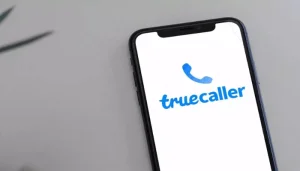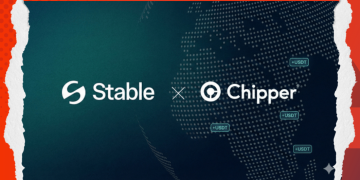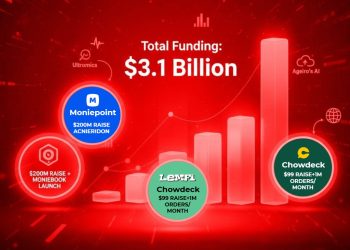Truecaller has reached 100 million monthly active users across the Middle East and Africa, marking one of its most significant regional milestones since launching in 2009. Much of this growth has come from Africa, where countries such as Egypt, Nigeria, and South Africa have embraced the Swedish caller ID and spam-blocking platform as an everyday safety tool. Adoption in the Middle East, particularly in Jordan, the United Arab Emirates, and Saudi Arabia, has also added to the surge, underscoring the platform’s broad regional reach.
Why the Region Embraced It
In much of Africa, the mobile phone is not just a communications tool. It is the main gateway to banking, shopping, and even government services. This shift has brought a rise in unwanted calls, phishing attempts, and scam activity. For millions of users, Truecaller has become a trust filter, enabling them to decide which calls to answer and which to block.
The GSMA’s Mobile Economy 2025 report notes that mobile penetration in MEA is on track to reach more than 615 million unique subscribers by 2025, with smartphones making up over 75 percent of connections. This expanding digital reach makes identity verification tools more relevant than ever.
Building Trust Through Local Insight
Truecaller’s growth has not been accidental. The company localized its service for the region, offering Arabic and French language options, creating lighter app versions that perform well on slower connections, and partnering with regional telecom operators to integrate spam protection into mobile plans. These moves have helped the platform embed itself into daily routines, from screening unknown numbers to protecting small business owners from fraud.
Competitors such as Hiya and local spam-blocking solutions exist, but none have achieved the same cultural relevance or network effect. By combining utility with brand positioning as a digital safety essential, Truecaller has made itself difficult to replace.

Looking Ahead
With its growing user base, Truecaller is well positioned to expand into adjacent services such as verified business messaging, fintech identity checks, and anti-fraud APIs for developers. However, the company will need to address increasing scrutiny over data privacy. Governments in the Gulf, North Africa, and sub-Saharan Africa are tightening rules on how personal data is stored and processed.
If the company can maintain user trust while meeting regulatory demands, it may evolve from a caller ID tool into a broader digital trust platform that shapes how identity is verified across mobile experiences in MEA.














